Introduction
Great Danes are gentle giants loved for their size and nature.
- Understanding these issues is crucial for every owner
- Regular vet visits are essential
- Early detection and treatment can improve their quality of life
- Here's what every Great Dane owner should know to keep them healthy
1. Hip Dysplasia
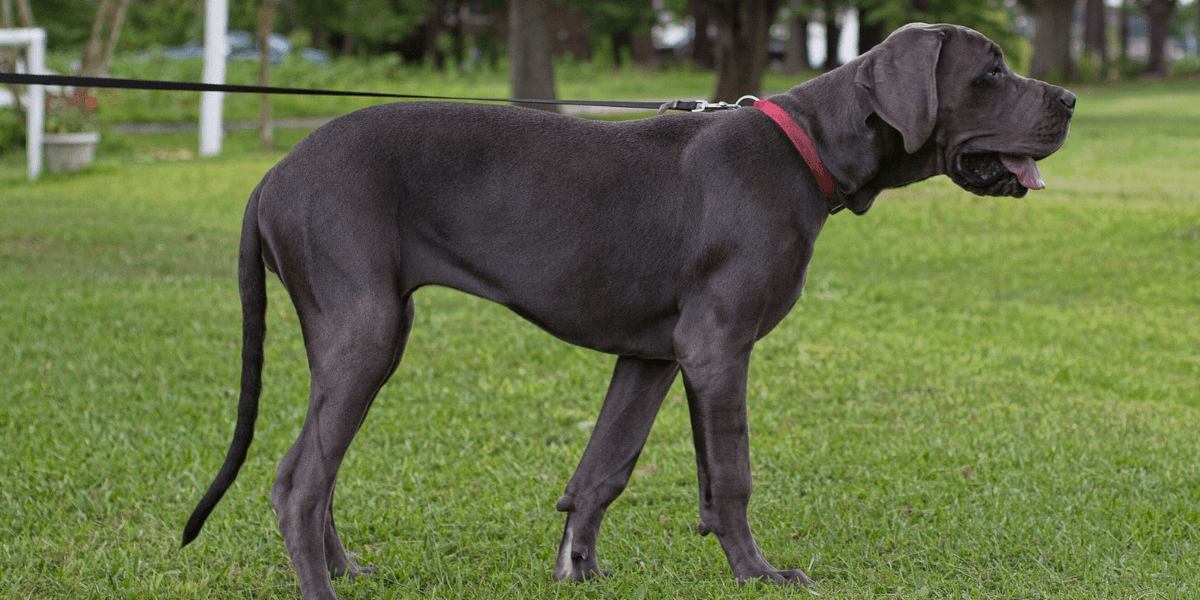
Hip dysplasia is common in large breeds. It occurs when the hip joint doesn't fit properly.
- Symptoms of Hip Dysplasia: Limping and difficulty rising are common signs
- Diagnosis Methods: X-rays and physical exams can confirm hip dysplasia
- Treatment Options: Medications, surgery, and physical therapy can help
- Preventive Measures: Maintain a healthy weight and avoid over-exercising
- Long-term Management: Regular vet visits and supportive care are essential
2. Bloat (Gastric Torsion)
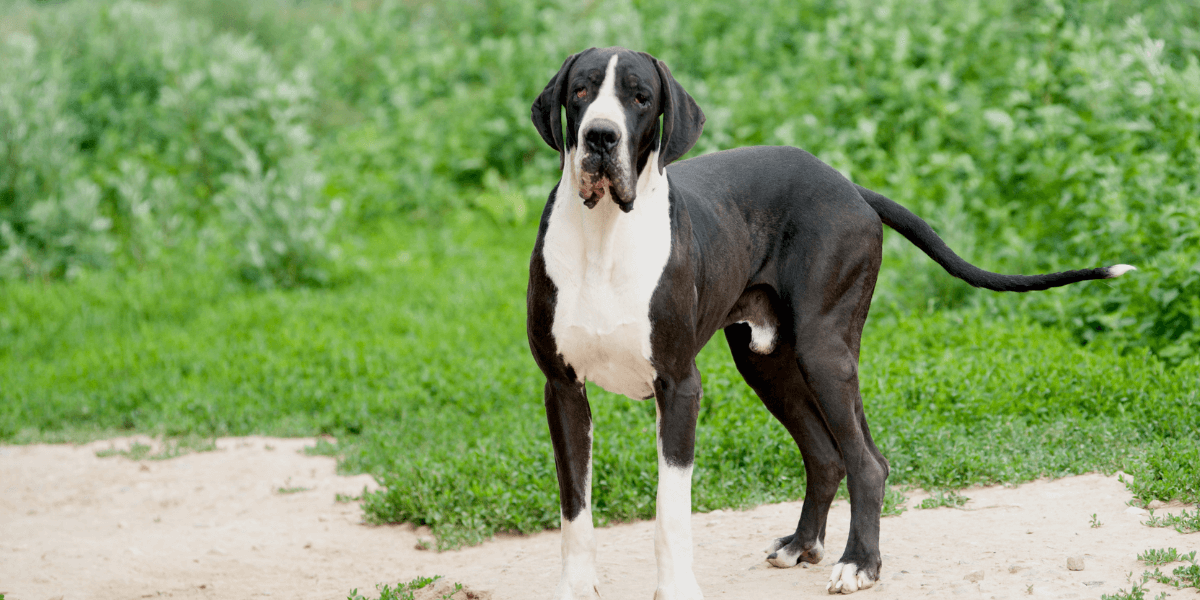
Bloat is a life-threatening condition. The stomach fills with gas and can twist.
- Recognizing Symptoms: Swollen belly, restlessness, and unproductive vomiting
- Emergency Response: Seek immediate veterinary care if bloat is suspected
- Preventive Feeding Tips: Feed smaller, more frequent meals and avoid exercise after eating
- Surgical Options: Gastropexy can prevent the stomach from twisting
- Post-Surgery Care: Follow vet instructions for recovery and monitoring
3. Heart Disease
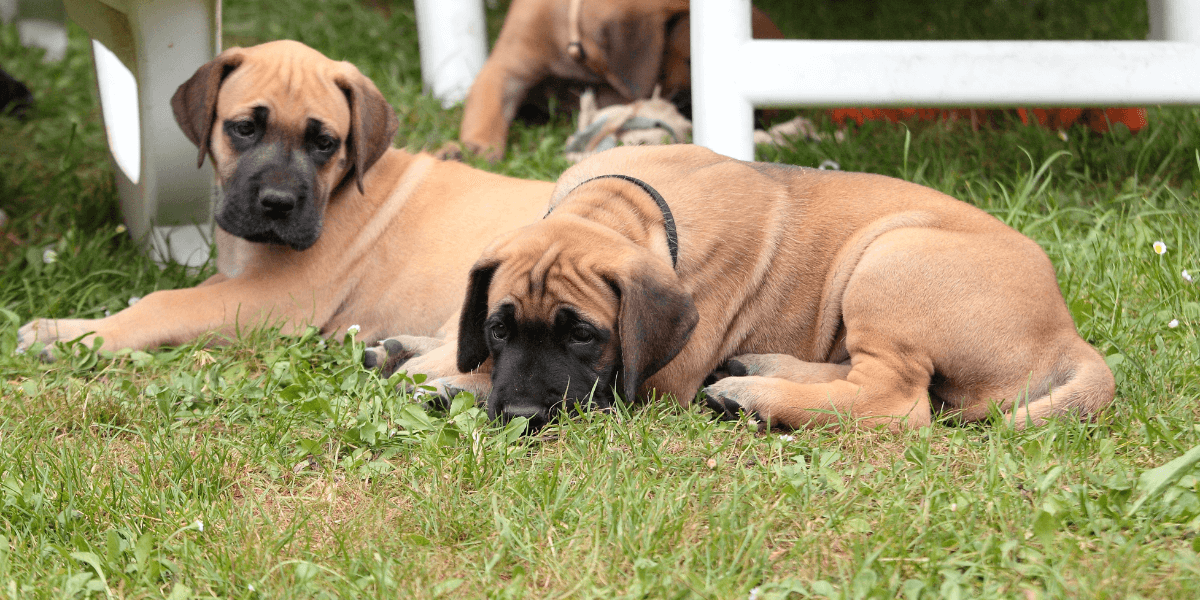
Dilated cardiomyopathy is common in Great Danes. It weakens the heart muscle.
- Symptoms to Watch For: Coughing, fatigue, and fainting are key signs
- Diagnostic Tools: Echocardiograms and chest X-rays help in diagnosis
- Treatment Plans: Medications and diet changes can support heart health
- Exercise Recommendations: Moderate exercise is beneficial but avoid overexertion
- Regular Monitoring: Frequent vet visits to track heart health
4. Bone and Joint Issues
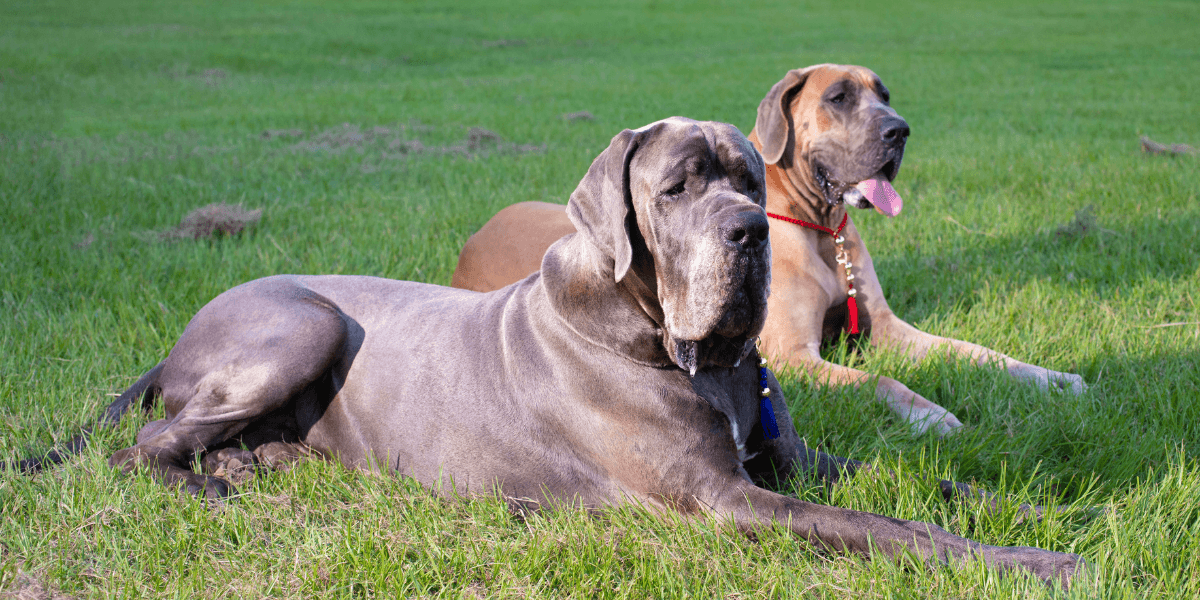
Great Danes are prone to arthritis, hip dysplasia and other joint issues.
- Recognizing Arthritis: Lameness and stiffness are common signs
- Joint Supplements: Glucosamine and chondroitin can support joint health
- Exercise and Mobility: Low-impact exercises like swimming can help
- Pain Management: Medications and physical therapy can alleviate pain
- Weight Management: Maintain an ideal weight to reduce joint stress
Discover how the best orthopedic beds can help manage common health challenges in Great Danes.
5. Hypothyroidism
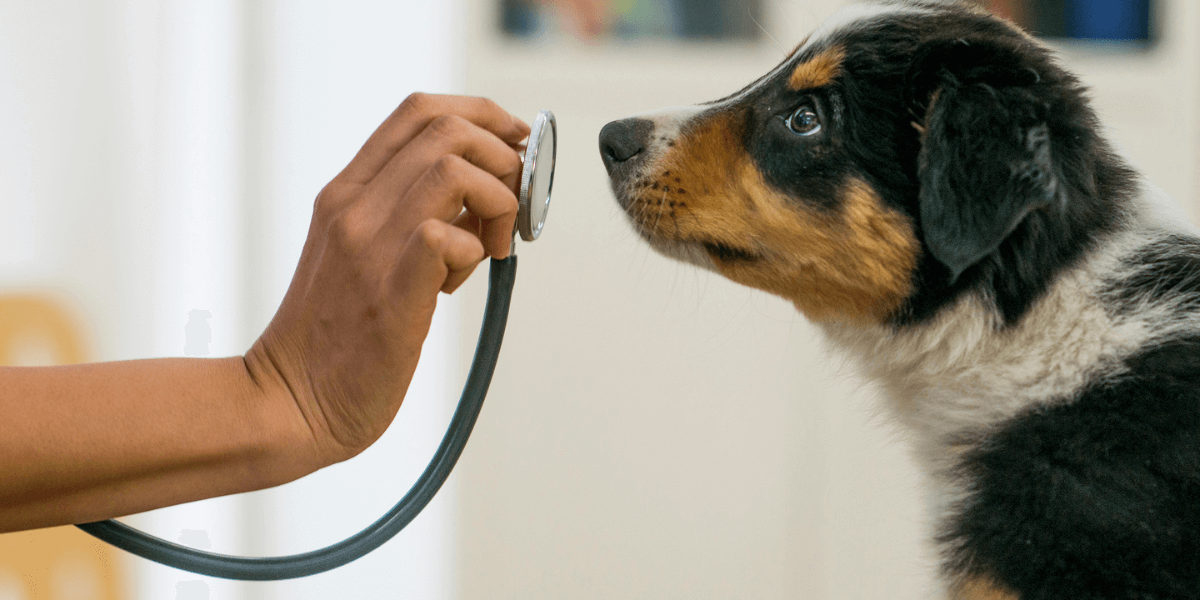
This condition occurs when the thyroid gland is underactive.
- Common Symptoms: Weight gain, hair loss, and lethargy are signs
- Diagnostic Tests: Blood tests confirm hypothyroidism
- Medication Options: Thyroid hormone replacement therapy is common
- Dietary Considerations: Special diets can support thyroid health
- Monitoring and Adjustments: Regular vet visits for dose adjustments
For a detailed look at common health concerns in Great Danes, check out this guide from Canine Journal.
6. Wobbler Syndrome
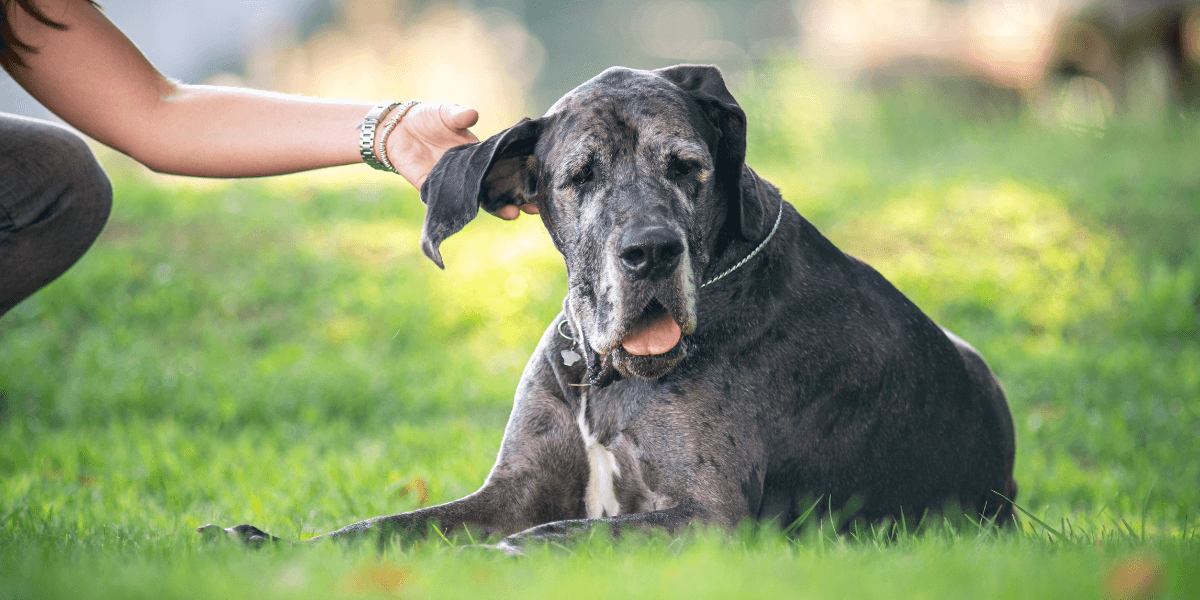
Wobbler syndrome affects the spine and neck.
- Early Signs: Wobbly gait and neck pain are indicators
- Diagnostic Imaging: MRIs and X-rays can diagnose the condition
- Surgical Treatments: Surgery can alleviate pressure on the spine
- Non-surgical Options: Medications and physical therapy can help
- Post-treatment Care: Follow vet instructions for recovery
Prevent Wobbler Syndrome with tips for raising a healthy Great Dane puppy.
7. Eye Conditions
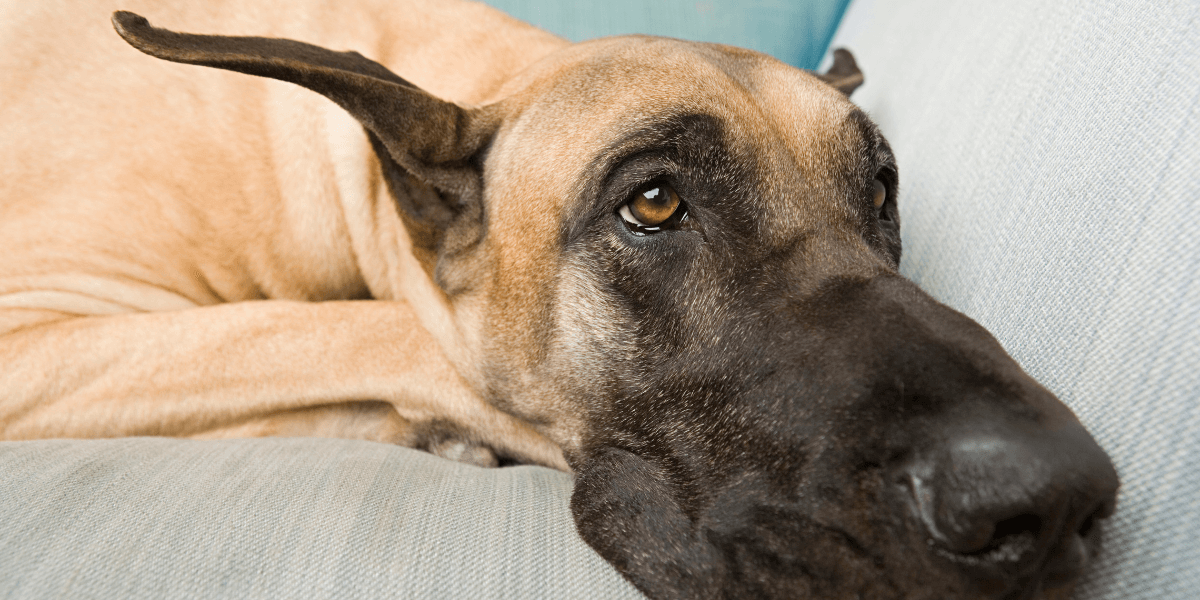
Great Danes can suffer from eye issues like cataracts and glaucoma.
- Common Eye Issues: Cataracts and glaucoma are prevalent
- Recognizing Symptoms: Cloudy eyes and vision loss are key signs
- Treatment Options: Medications and surgery can restore vision
- Preventive Care: Regular eye exams are essential for early detection
- Genetic Testing: Breeding practices can help reduce the incidence
For comprehensive information on eye conditions in Great Danes, check out Great Dane Care.
FAQs
1. How often should I take my Great Dane to the vet?
- At least once a year for regular check-ups
2. What are the signs of bloat in Great Danes?
- Signs include a swollen belly, restlessness, and unproductive vomiting
3. Can diet help manage hip dysplasia?
- Yes, a balanced diet and supplements can support joint health
4. How can I prevent heart disease in my Great Dane?
- Regular vet visits, a balanced diet, and regular exercise can help
5. Are Great Danes prone to allergies?
- Yes, they can have food or environmental allergies. Consult your vet for management
6. What should I do if my Great Dane has Wobbler syndrome?
- The Ohio State University offers an in-depth look at Wobbler Syndrome, covering its causes and treatments
7. How can I keep my Great Dane's eyes healthy?
- Regular vet check-ups and monitoring for any signs of discomfort can help
Conclusion
- Keeping your Great Dane healthy involves regular vet visits
- Early detection and treatment are key
- Prioritize your Dane's health for a happy life together
- Monitor their health closely
- Share this guide to help other Great Dane owners
- Learn more about how to enhance Great Dane's longevity in this article by the AKC




